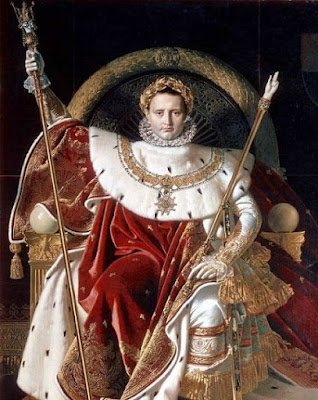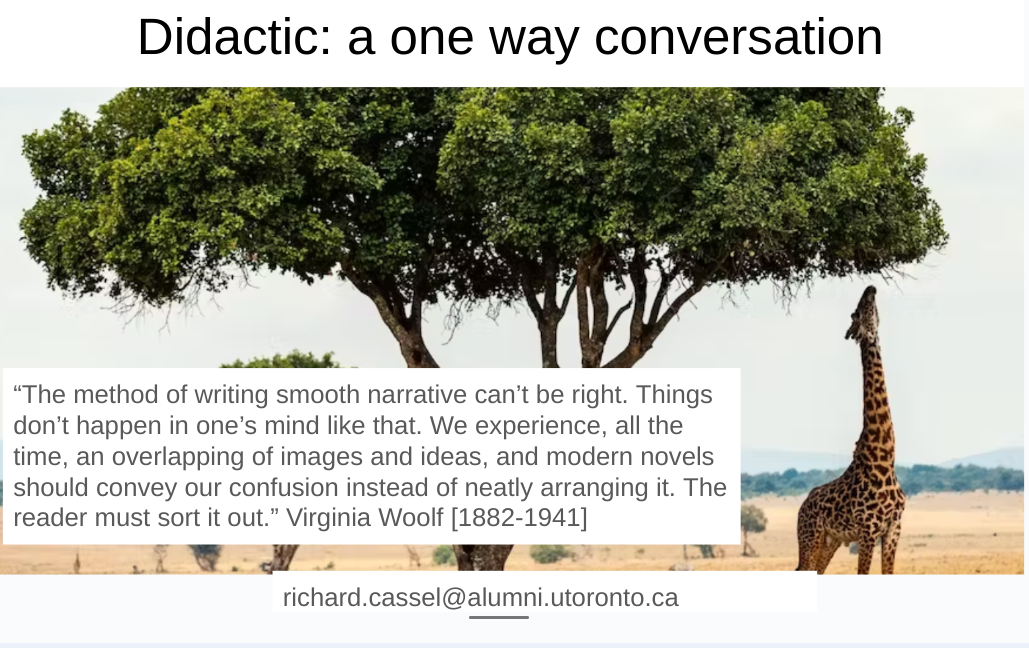
"History is written by the victors."
- Napoleon Bonaparte [1769-1821]
A comment on another site:
When Napoleon was an adolescent studying at Brienne in preparation for matriculating to the École Militaire in Paris, his two strongest subjects were mathematics and history--the former was rather obvious, because his status as a member of the lowest ranks of the nobility meant that the artillery was about the only place he'd find a job. But his passion, then and throughout his life, was history.
He also said that history was a set of lies agreed upon. But when he claimed that history is written by the victors, his own experience gives the lie to that nonsense. After battles, he would send a bulletin to Paris to be published throughout France--but even his own people weren't fooled, and the expression "lies like a bulletin" was used to describe an incorrigible liar right up to the present. Not only that, but Napoleon is seen as a great military leader and an heroic figure today, even though to the English and the Prussians, who were the victors who defeated Napoleon, he was a monster, and viewed much as Hitler would be viewed in the mid-20th century.
At the end of his life, when he was exiled to St. Helena, he frequently wrote to his son, the "King of Rome," to advise him to carefully read history. He also commended the care of his son to those who would carefully educate the boy, and insisted that he be especially schooled in history. Napoleon was a man with a complex relationship to history, both as a student of history, and a larger-than-life maker of history. I think he feared the verdict of history. But he needn't have feared, because, contrary to what he claimed, history is not necessarily written by the victors, and he enjoys a good reputation almost 200 years after he died.
Making a claim such as that history is written by the victors is, however, the kind of simple-minded nonsense which appeals to those who are intimidated by a complex subject, and who think to dismiss it rather than facing the task of understanding it.
The Philosophy of History, Historiosphy, defined here.
